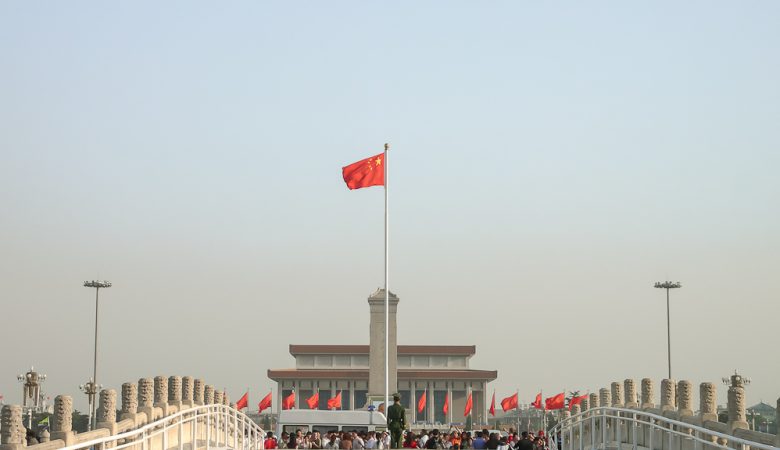Chinese Counterfeiters in President Xi Jinping’s Crosshairs
During President Xi Jinping’s opening statement to the ruling communist party, he addressed economic reforms that will seek to open China’s markets to foreign investors and sustained high-quality growth. At the heart of any reform that will attract international corporations is judicial IP reform. Without improvement in China’s handling of counterfeit rings and enforcement of intellectual property rights, international actors will still be wary of fully investing in the world’s fastest growing economy.
It has been estimated that global trade in counterfeit goods is worth nearly half a trillion dollars per year, with over 60% of counterfeit goods originating in China. This is due in large part to the combination of China’s large workforce and ability to produce counterfeit products on a mass scale, as well as the lack of judicial enforcement of intellectual property rights. The 2017 International Property Rights Index gives China a relatively low score on copyright piracy and rule of law. This highlights the issues faced by the Chinese government in trying to control counterfeiters, piracy, and a legal system that has proven thus far ineffective in enforcing intellectual property rights.
After years of harsh rhetoric from nations around the world, including the United States, China may now be ready to adequately address the issue of intellectual property rights violations within its borders. In order to transition from a rapid growth economy to a sustained, high-quality growth economy, international investment is necessary. International corporations will continue to be wary of expanding into China, knowing that their goods must compete with counterfeits in the market. A shift in Chinese policy to better enforce intellectual property rights is a win for the Chinese economy and for intellectual property rights holders.
Photo Credit: http://bit.ly/2B7WjTf

